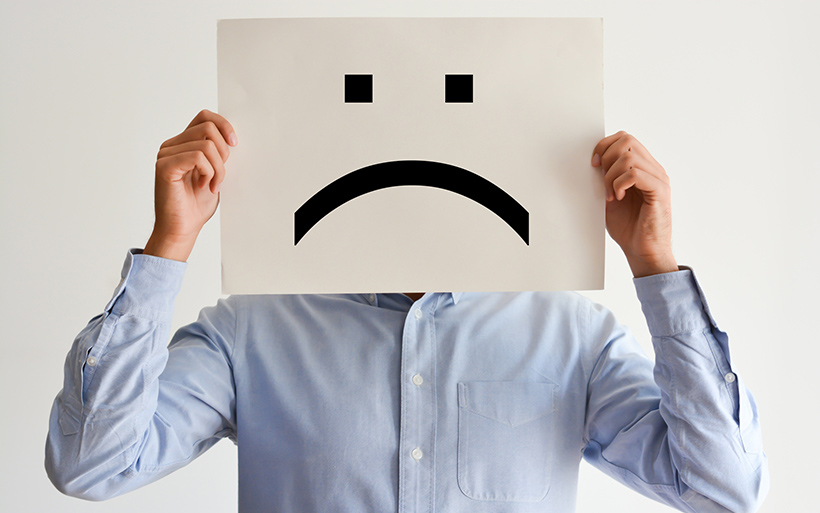Most people who would benefit from hearing aids don’t wear them. Part of this reluctance could be caused by the remarks and complaints they hear from those who do wear them. Whether you currently wear hearing aids or are thinking about getting them, consider these reasons people complain about their devices and the relatively easy fixes. In the long run, you will be happy you got and kept your hearing aids.
Embarrassment
Embarrassment is often cited by people who don’t want to get hearing aids, and it is mentioned by people who have hearing aids but don’t always wear them when they should. Look at hearing aids like anything else that makes your life better, and consider your day-to-day experiences with and without them. Wearing hearing aids is like wearing glasses to improve your vision. If you don’t wear your glasses, you may no longer be able to read your favorite magazine or a restaurant menu. You may bump into things or hurt yourself by tripping over an obstacle you didn’t see clearly. Put on your glasses, and those problems go away. Hearing aids are similar in that you can listen to conversations, enjoy a favorite movie, and avoid accidents due to not hearing alarms or other warnings. If someone makes you feel uncomfortable when you wear your hearing aids, the problem lies with them, not you.
They Feel Uncomfortable
If your hearing aids aren’t comfortable, it may be that you need a period of adjustment to get used to them. Contact lenses feel strange when you first put them in, and your favorite pair of shoes weren’t so comfortable when they first came out of the box. If you have had your hearing aids for some time, changes in your ears may merit a change in fit. Talk to your doctor to make sure you are wearing your devices correctly, and try not to take them on and off too often, as this can irritate your ears. If you still feel discomfort when wearing your hearing aids, be persistent with your audiologist until you have a pair that starts to feel natural to you.
Maintenance and Repairs
It is essential to keep your ears and your hearing aids in good condition to get the optimal benefit. Hearing aids may get clogged with earwax, so it’s important to talk to your doctor about the best ways to keep your ears wax free and to clean wax and other debris from your hearing aids. Consider getting a battery with a long life, so the changes become less frequent. Make sure you keep your hearing aids dry, as exposure to dampness is a frequent cause of hearing aid problems. If you have trouble replacing your battery, ask a loved one to do it for you. If the main problem is the cost of repairs and maintenance, several national organizations may help. Talk to your doctor and local mayor’s office about getting help locally.
They Don’t Help
If your hearing aids aren’t helping you hear better, then you should talk to your hearing health professional about getting them adjusted. Keep getting hearing tests before tossing in the towel. It may be changes in your hearing that are causing a problem. If you are new to hearing aids, have patience. Most people suffer hearing loss gradually, and their brains are no longer used to processing sounds. The longer you use your hearing aids, the better your brain gets at distinguishing sounds and helping you enjoy your everyday activities again. You may still have to put up with some background noise or focus on one conversation at a time, but your hearing aids do help in the long run.
Unrealistic Expectations
In a perfect world, hearing aids would give us perfect hearing. Until scientific breakthroughs help doctors fix the ears themselves, embrace the technology we have that helps us hear better. A significant body of research shows that adequately calibrated and fitted hearing aids help you to hear and help people avoid the emotional problems related to hearing loss. You don’t have to achieve perfection in order to be a success, and neither do your hearing aids.



